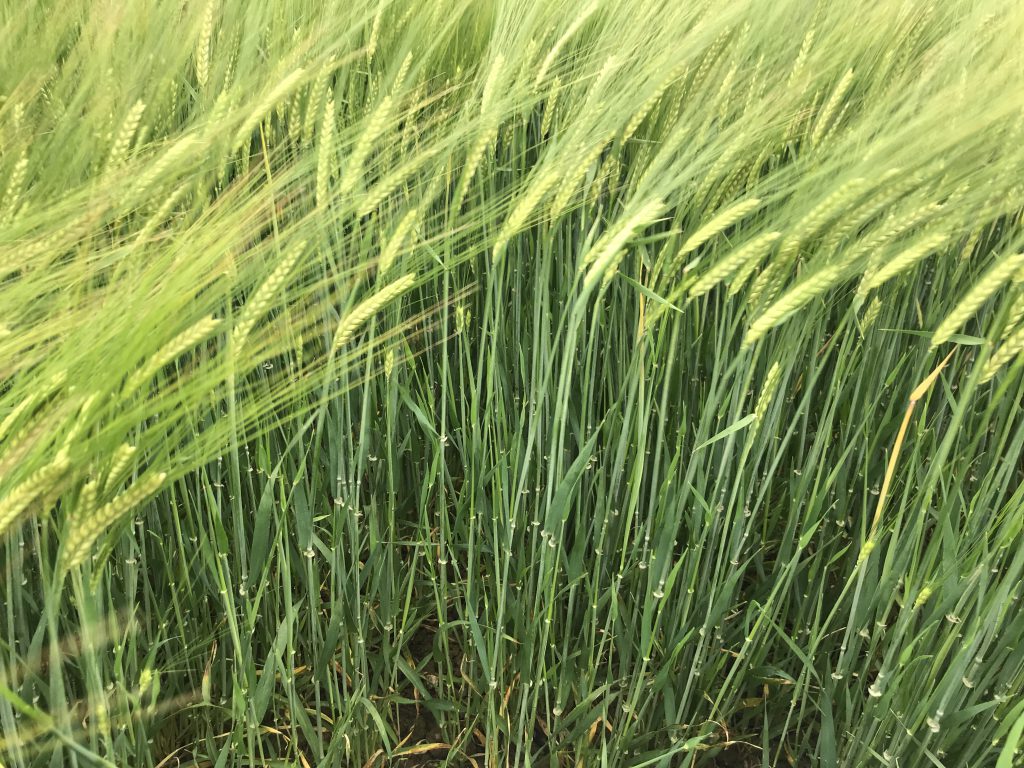Co. Armagh cereal grower, Tim McClelland, is maintaining an effective crop rotation by focusing on winter crops only.
McClelland said: “Too many late spring planting seasons, poor seed beds and the problematic September harvests that followed were the key reasons for me switching solely to winter crops.
“That’s not to say autumn planting throws up more than its fair share of challenges. Last back-end was a case in point, but the system I have put in place suits the land that is available to me.”
McClelland farms close to the village of Tandragee, where his farm extends close to 270ac. His cropping mix comprises winter oats, wheat, barley and oilseed rape.
“The business is LEAF-accredited. This means that we are certified by a leading global assurance system that officially recognises more sustainably farmed products,” the cereal grower said.
McClelland’s oats are sold to the nearby White’s milling operation. Part of the Fane Valley group, the business specialises in the production of porridge and granola.
“Rape is a very effective break crop and is followed by wheat in the rotation that is now in place on the farm,” he said.
Oats apart, the rest of the cereals produced on the farm are sold to feed compounding operations in Northern Ireland.

Last week saw the last of the nitrogen (N) fertiliser applied to McClelland’s 2023/24 winter crops.
He continued: “Planting conditions last autumn were tricky enough, particularly on the headlands. It was a case of getting on with field work when breaks in the weather permitted.
“Given this backdrop, I am happy enough with the state of all the crops at the present time.
“Winter oats are at growth stage 37. Graham is the main winter wheat variety grown on the farm. It is prone to septoria attack, and 2024 has turned out to be no different in this regard.”
According to the Co. Armagh cereal producer, the harvest of 2024 is now totally weather dependent: “If we get a decent run-up to the end of the growing season, then most of the crops should perform well enough.”
McClelland is very aware of the changes coming down the track with regard to farm support payments made available in Northern Ireland.
Specific provision has been made available for the beef sector in this context.
As of yet, no bespoke measures have been proposed for the tillage and vegetable sectors.
“I am not a big believer in the principle of subsidies, however, if support is made available to farming into the future, then the cereal sector should be treated accordingly,” he added.
